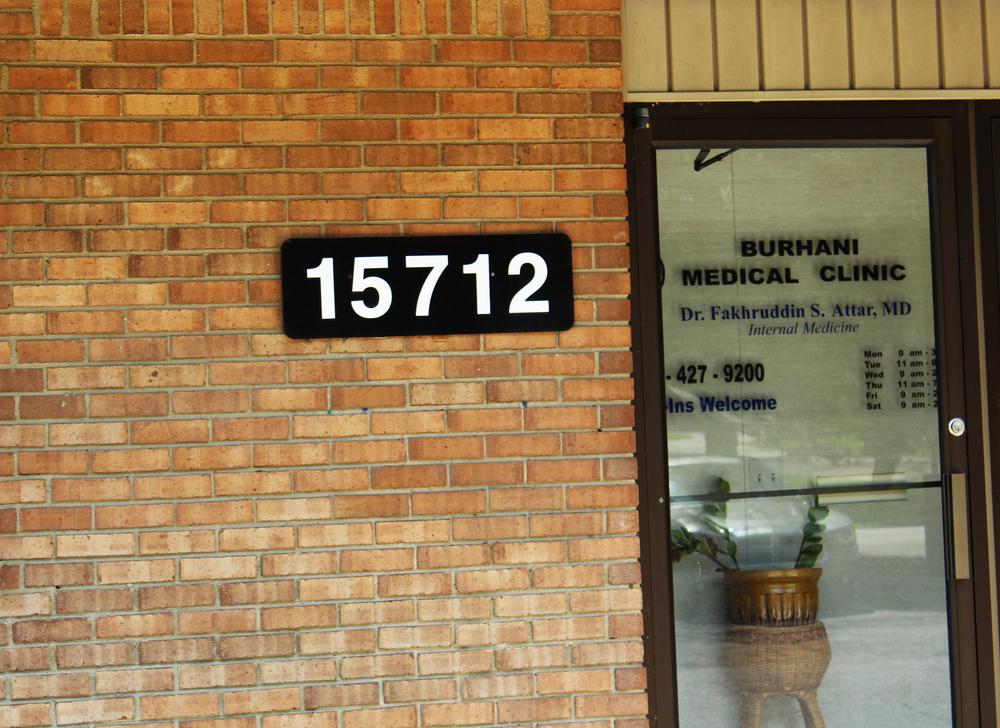In April 2017, Dr. Jumana Nagarwala, a member of the Dawoodi Bohra Muslim community, was arrested for allegedly committing Female Genital Mutilation/Cutting (FGM/C) on minor girls in Detroit, Michigan.
Federal prosecutors now say nearly 100 girls may have had their genitals cut at the hands of Dr. Nagarwala. Since then, another physician and his wife have also been arrested in the case and charged for their alleged participation in a conspiracy to commit FGM/C, and for other crimes.
These are the first arrests of physicians in the United States since FGM/C of minors became a federal crime in 1996. FGM/C is typically performed on girls between 5-14 years of age and affects 200 million women and girls worldwide. It is an ancient practice that predates Islam, Judaism, and Christianity and is still practiced in over 30 nations. It is not religiously prescribed per se, although it is deeply embedded in cultural and religious practices among several different groups.
The World Health Organization defines FGM/C as “all procedures that involve the partial or total removal of external genitalia or other injury to the female genital organs for non-medical reasons.”
FGM/C is recognized as a human rights violation, and the United Nations has made its elimination by 2030 a priority in the 2015 Sustainable Development Goals. According to the UN, FGM/C “reflects deep-rooted inequality between the sexes and constitutes an extreme form of discrimination against women and girls. The practice also violates their rights to health, security and physical integrity, their right to be free from torture and cruel, inhuman or degrading treatment, and their right to life when the procedure results in death.”
As of 2015, 42 nations have outlawed the practice. This is evidence of progress in the battle to eliminate FGM/C, which began at the grassroots level in sub-Saharan Africa and has been waged for over 30 years around the globe.
As a group of healthcare and legal professionals and survivor activists working to eradicate FGM/C, we know firsthand its potential harmful health effects, ranging from—depending on the type and severity of FGM/C performed—acute issues such as severe bleeding, infection, excruciating pain, and sometimes death, to long-term physical and psychological problems such as painful menstrual periods, recurrent urinary tract and kidney infections, difficult labor and delivery, chronic genital pain, depression, anxiety, post-traumatic stress disorders, difficult sexual relations, and marital conflict. There are no known health benefits to FGM/C.
Some have argued that encouraging a nick to a girl’s clitoris as a substitute to cutting is a reasonable step towards harm reduction.
Most recently, Law Professor Alan Dershowitz, in an interview with Breitbart News about his role as a consultant to the Dawoodi Bohra Muslim community in Michigan, stated that “...my role …[is] to try and move the world away from female genital mutilation toward a much more benign sterilized pin prick.”

